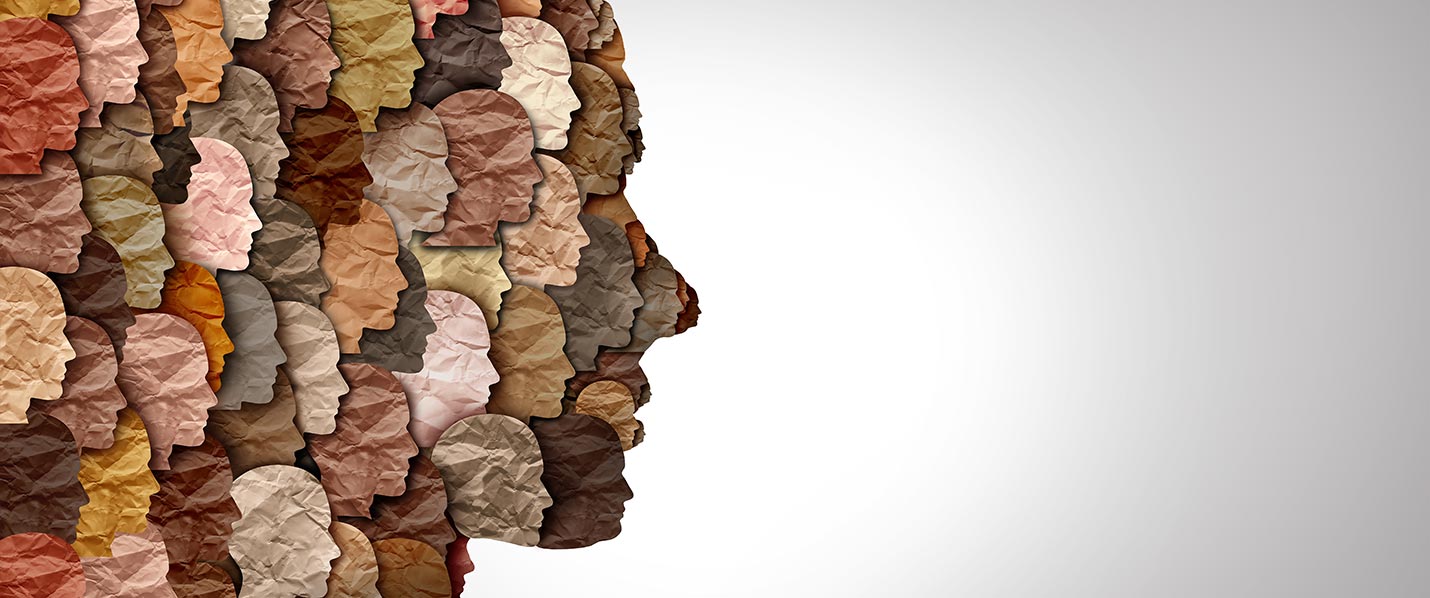.jpg?width=1800&name=nView%20Blog%20Header%20(2).jpg)
As we wrap up Black History Month, the annual observance when we celebrate the achievements of Black and African American people in the United States, nView looks at the relationship between mental health and minority communities. This year's Black History Month theme is "Black Health and Wellness," which pays tribute to Black medical scholars and healthcare providers.
This theme is particularly timely, notes NPR. The COVID-19 pandemic, about to enter its third year, has "disproportionately affected minority communities and placed unique burdens on Black healthcare professionals." Areas where minority communities have been and are disproportionately affected include mental health issues and services.
To help further spotlight the mental and behavioral health challenges facing these communities, here are 14 statistics and facts to know.
- Only 1 in 3 Black adults who need mental healthcare receive it.
- Black Americans are 20% more likely to experience serious mental health problems than the general population.
- Less than half of all Americans with a mental disorder receive the treatment they need. But the proportion of African Americans who need mental health treatment and receive it is only half that of Caucasians.
- About 19% of white Americans receive mental health services compared to less than 9% of African Americans.
- More than 16% of Black and African American people reported having a mental illness in 2018.
- More than 60% of Black people believe that a mental health condition is a sign of personal weakness.
- More than one-third of elementary school-aged suicides involve Black children.
- In 2019, suicide was the second leading cause of death for Black or African American people ages 15 to 24.
- In 2018, nearly 60% percent of Black and African American young adults ages 18-25 and about half of adults ages 26-49 with serious mental illness did not receive treatment.
- Between 1991 and 2017, suicide attempts among Black adolescents increased by more than 70%, while attempts among white youth decreased.
- Black adults are more likely to report persistent symptoms of emotional distress than white adults.
- Nearly 90% of Black and African American people over the age of 12 with a substance use disorder do not receive treatment.
- Serious mental illness rose among all ages of Black and African American people between 2008 and 2018.
- African Americans are nearly twice as likely as non-Hispanic whites to be diagnosed with schizophrenia.
Raising Awareness of Black and African American Mental Health Challenges
Such statistics further reveal the significant challenges facing our healthcare system concerning mental health and indicate that there are many elevated challenges facing Black and African American people in our country. As we work to make mental healthcare a more integrated component of our healthcare practice and conversations, it is imperative that we recognize how mental health issues and challenges affect groups of people in different ways.
We must work to consider such variables when striving to identify those individuals who would benefit from mental and behavioral health services and ensure those individuals receive these services. By strengthening the incorporation of measurement-based care into mental and behavioral health, we will put ourselves in a better position to achieve the improvements we know are not only possible but essential to supporting patients and getting them back on the path to healthier minds.
Data sources:












